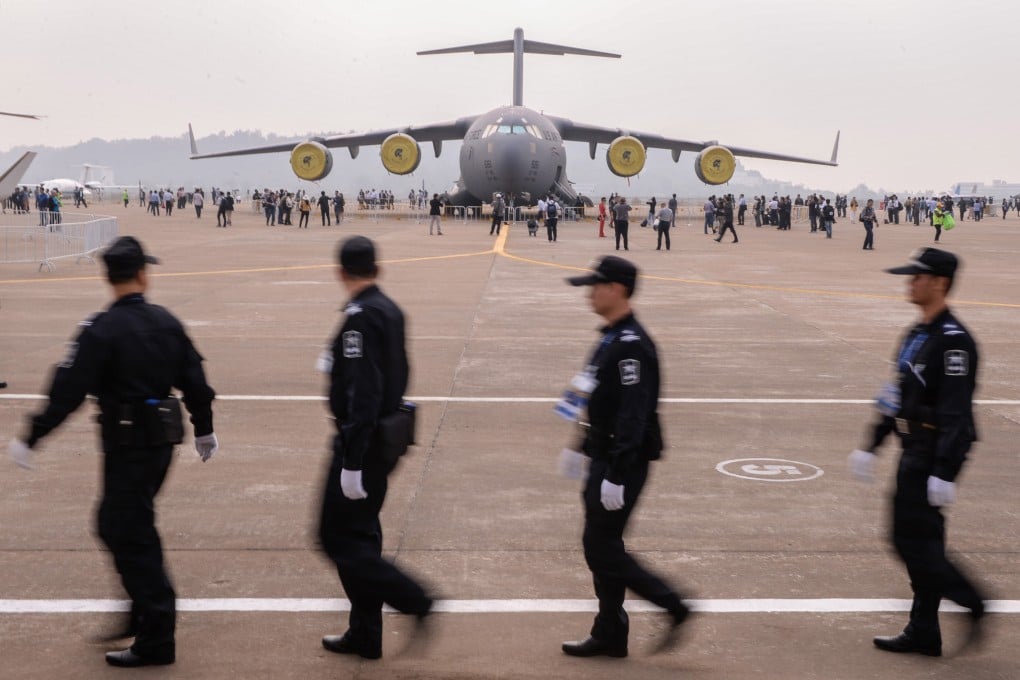Opinion | China wants Asian security to be Asia's business, with or without the US
Frank Ching says China is trying to convince fellow Asians to depend on the region for their security needs

Last May, President Xi Jinping caused a stir when he unveiled at an international conference in Shanghai what he called a "new Asian security concept" which boiled down to the idea of "Asia for Asians". "In the final analysis," Xi said, "it is for the people of Asia to run the affairs of Asia, solve the problems of Asia and uphold the security of Asia." It didn't sound like there was much room for the US in Asia.
In November, when President Barack Obama visited China, the Americans pressed Xi to clarify his ideas. The Chinese leader said he meant that Asian countries should view their common security in an "inclusive and cooperative spirit" and that both the US and China could contribute to security in the region. So, maybe, just maybe, there was a role for the United States after all.
While China isn't yet strong enough to drive the US from Asia, it is certainly trying to limit American influence. One instrument for doing this is the so-called "new model of major power relations", ostensibly designed to avoid what historically has been seen as an inevitable conflict between a rising and an established power.
Xi proposed in 2013, shortly after he assumed office, that the two countries should avoid the "Thucydides Trap" by adopting a new model of relations. Obama agreed.
But while the US wants to head off any conflict between itself, the established power, and China, the rising power, China seems to want to use the concept to shape American behaviour in Asia, including how - and whether - it should discharge its obligations to allies such as Japan and the Philippines, both of which have territorial conflicts with China.
China has become the biggest trading partner of most countries in the region. Many countries now depend on China for their economic well-being and on the US for their security. This dual dependency puts them in an awkward position.

